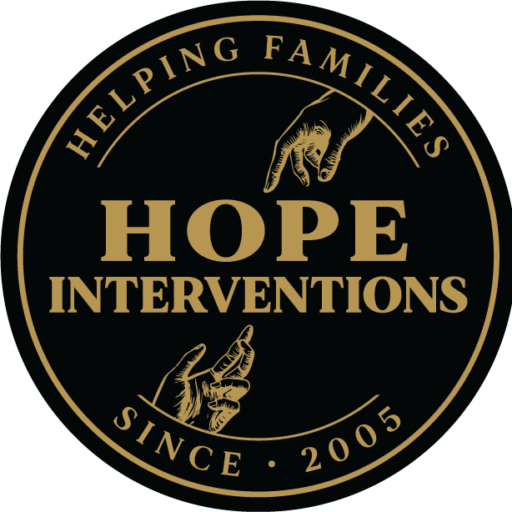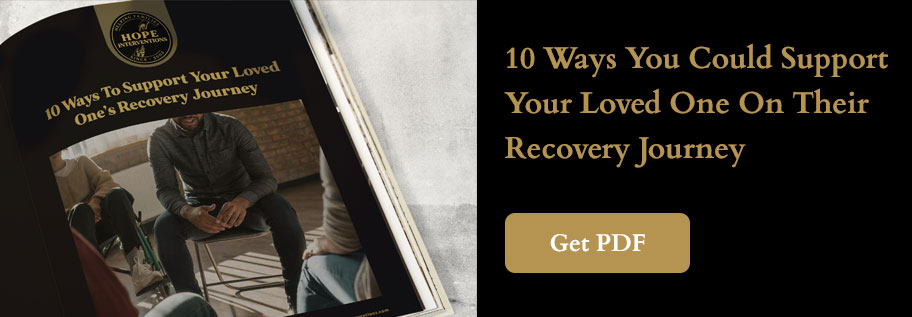One of the most painful aspects of addiction is the denial that often surrounds it. You see your loved one spiraling—drinking too much, using drugs, withdrawing emotionally—but when you bring it up, they shut down or lash out. They don’t see it as a problem. Or worse—they do, but feel too ashamed or powerless to stop.
This is the heartbreaking limbo so many families live in. But there is a way forward.
Professional interventions are the bridge between denial and recovery. At Hope Interventions, we’ve seen lives transform the moment families stop waiting and start acting—guided by experience, empathy, and a clear plan.
Denial: The First Wall to Recovery
Denial is not just stubbornness. It’s a psychological defense mechanism. When the brain is hijacked by addiction, it minimizes the damage, justifies harmful behaviors, and avoids accountability.
A person in active addiction may say:
- “I can stop whenever I want.”
- “It’s not that bad.”
- “Everyone drinks/smokes/uses something.”
- “You’re overreacting.”
They may genuinely believe these things—or they may be deflecting to protect themselves from the pain of facing the truth.
Why Waiting Doesn’t Work
Many families delay intervening because they:
- Don’t want to “push them away”
- Hope things will improve on their own
- Feel unqualified to address addiction
- Fear confrontation or conflict
But addiction is progressive. Without help, it tends to get worse—not better. And waiting for your loved one to “hit bottom” can mean risking overdose, jail, hospitalization, or even death.
This is where professional interventionists step in—to offer a lifeline before the worst happens.

How Professional Interventions Work
At Hope Interventions, our process is compassionate, customized, and highly structured. Here’s how we help families move from chaos to clarity:
1. Assessment
We gather detailed background on your loved one’s substance use, mental health, trauma, and past recovery attempts.
2. Preparation & Coaching
We meet with family members, educate you about addiction and denial, and craft your message using a proven model (e.g., Johnson, ARISE, or invitational approaches).
3. The Intervention Event
With a trained interventionist guiding the conversation, loved ones speak honestly—but lovingly—about how the addiction has affected them. We present a clear treatment plan and provide options for immediate next steps.
4. Safe Transport & Treatment Admission
If the individual agrees to accept help, we coordinate sober transportation and ensure a smooth handoff to a vetted treatment provider.
5. Family Support
Recovery isn’t just for the person struggling. We offer post-intervention guidance so families can begin their own healing journey too.
Real Change Starts with One Brave Step
Intervention isn’t about blame or punishment. It’s about creating a moment of truth and opportunity—a way to interrupt the cycle of denial, offer a path to healing, and show your loved one they’re not alone.
And when interventions are done with professionalism and empathy, they often work. Research shows that over 80% of individuals presented with a structured intervention by trained professionals agree to enter treatment.
From Denial to Recovery, You Don’t Have to Do It Alone
Watching someone you love slowly disappear into addiction is gut-wrenching. But you have more power than you think. You can be the spark that saves a life.
Whether your loved one is angry, resistant, or lost in denial, Hope Interventions can help you cut through the chaos and move toward recovery—with dignity and support.
📞 Contact us today to schedule a consultation and learn how our professional intervention services can help your family take the first step out of denial—and into hope.

